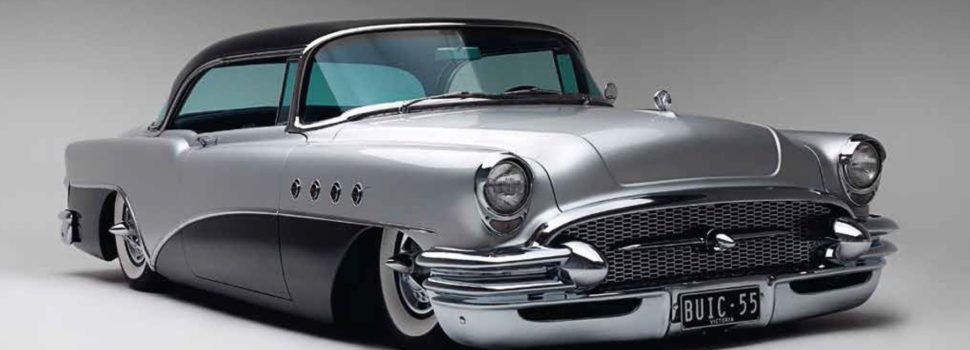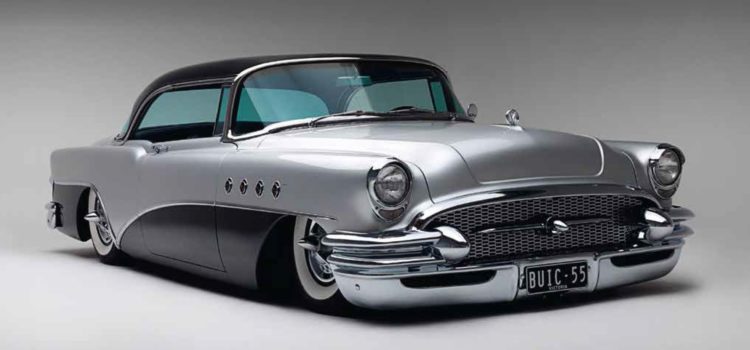


Your antique hot rod is like a fine wine that gets more desirable after every year, which makes finding and preparing for classic car transport a lot more daunting. The easiest way to take the stress out of transporting your classic car is to plan and prepare what you need to do ahead of time, to ensure your vehicle safely gets where it needs to be.
The calamity and devastation of a beautifully restored classic automobile being damaged during transport can be unbearable.
Actually, only a small number cars moved by auto transport companies are damaged in the process. Odds are that your antique vehicle will arrive in pristine condition. You can further protect your investment by choosing your auto transport company carefully and by thoroughly preparing your classic car for its journey.
When you’ve invested in a classic car, you want to take every precaution to protect your investment. When you move or need to transport your car for service or for a show, shipping your car, rather than driving it can help reduce the chances of accident or depreciation.
Here are some great tips to help you and your vintage machine out.
Do Your Research Before Hiring a Transport Company
If you’re shipping your car, don’t trust just anyone. Doing a little research ahead of time when selecting a classic car shipping company can save you a headache down the road. Ask fellow car enthusiasts or friends who have shipped their classic cars which companies they’ve used. Were they happy with the work? Was anything damaged or missing after the car was shipped? Read up on consumer reviews of classic car transport companies on sites like Angie’s List Classic Cars.
Once you have a few companies in mind, check their safety records with the local highway patrol, your state’s transportation department or with the federal Department of Transportation. If the company transports across state lines, they should have a presence on the Federal DOT’s safety database, which lists inspections performed and major accidents.
One of the first things you’ll find out about transportation companies is that there are a lot of them. Many of them carry your normal, everyday cars for people relocating across the country, while others focus specifically on collector cars. There is a wide spectrum of transporters, from guys with dually trucks and one-car open flatbed trailers, to the big names in the industry with their enclosed, double-decker trailers. In other words, do your research.
Document the vehicle’s condition
This is highly important. Take photographs of your car and any loose parts before shipping to document their condition. Should an accident or damage occur during the vehicle’s transport, photos will help you get maximum compensation for your insurance claim.
At the delivery, thoroughly inspect the vehicle upon delivery if your car will eventually be shipped back to you or if you’re meeting it at its destination. Be sure to completely evaluate the vehicle and check for any damages before accepting it. If you’re shipping your vehicle to a restoration shop or a new buyer, make sure they conduct a complete inspection and review any noted damage description that should have been filled out when the vehicle was loaded.
The Q’s and A’s You Need To Ask
How much does it cost?
“It depends,” is the short answer. Fuel prices, distance and door-to-door services can all add to the price.
Does the company specialize in collector cars?
If they do, they know not to handle your collector car like cattle headed off to market.
Does the company have a U.S. Department of Transportation number?
Federal regulations require a USDOT number for interstate commerce, and 25 of the 50 states require all commercial vehicles to obtain a USDOT number.
Does the company have comprehensive insurance that covers its cargo as well as its truck and trailer?
Have the company mail or fax you a copy of its insurance policy. $100,000 liability on transported vehicles is common.
What is the company’s policy on deposits?
Is it non-refundable and when does the company require the deposit?
What is the company’s payment policy?
Is it strictly cash, do they accept money orders, do they accept checks or do they take credit cards? Do not ship with a company that demands payment in full before the car is dropped off.
Where does the company drop off and pick up cars?
Most trucks and trailers can’t fit down or turn around on narrow residential streets, so they’ll need a big parking lot for loading and unloading.











No comments so far.
Be first to leave comment below.